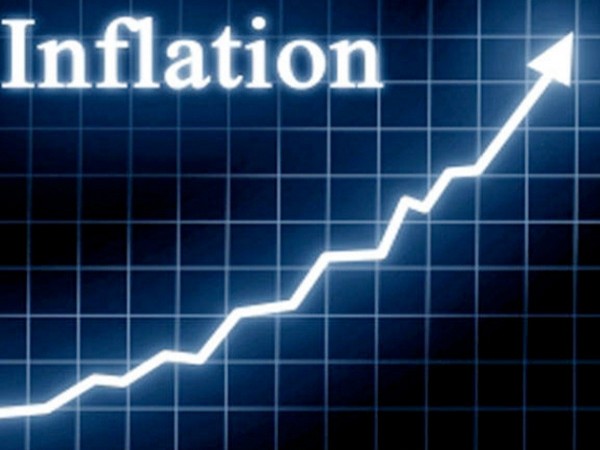Inflation down in German states, pointing to national decline
Economists will pay close attention to national inflation data later on Wednesday, as Germany and France publish their figures before expected euro zone inflation data on Thursday. French figures showed EU-harmonised inflation falling to 3.4% in January from 4.1% in December.

Inflation fell in six economically important German states in January, preliminary data showed on Wednesday, suggesting that national inflation has resumed its downward trajectory and raising hopes for a decline in euro zone inflation. The inflation rate in North Rhine-Westphalia, Germany's most populous state, fell to 3.0% in January from 3.5% in December.
In Bavaria, the rate fell to 2.9% from 3.4% in December, while declining to 3.7% in Brandenburg from 4.5%, to 3.5% in Saxony from 4.3%, to 3.2% in Baden-Wuerttemberg from 3.8%, and to 2.2% in Hesse from 3.5% the previous month. Economists will pay close attention to national inflation data later on Wednesday, as Germany and France publish their figures before expected euro zone inflation data on Thursday.
French figures showed EU-harmonised inflation falling to 3.4% in January from 4.1% in December. Euro zone inflation is expected to dip to 2.8% in January from 2.9% the month before, according to economists polled by Reuters.
"I am now convinced that we have tamed that greedy beast," European Central Bank (ECB) policymaker Joachim Nagel said on Tuesday. The ECB has raised interest rates by the most in the euro's history to bring inflation down from double-digits. The bank is now expected to start cutting borrowing costs in the spring.
In the German states, cheaper energy was responsible for the fall in inflation, offsetting the end of several anti-crisis policy support measures that pushed inflation higher. According to Deutsche Bank economists, the end of energy price brakes, raising the VAT rate from 7% to 19% for gas and district heating and for food at restaurants, and lifting the national carbon price to 45 euros per tonne from 30 euros might together add 0.6 percentage points to the January reading.
Economists polled by Reuters forecast Germany's harmonised inflation at 3.2% in January, down from 3.8% in December. "In light of the uncertainty with regards to the exact pass-through of the ending of the anti-crisis policy support measures on consumers, we reckon that the January print has the potential for a larger degree of upward and downward surprises," Deutsche Bank's Sebastian Becker said.
(This story has not been edited by Devdiscourse staff and is auto-generated from a syndicated feed.)
ALSO READ
Frances Tiafoe Escapes Suspension Despite Hefty Fine for On-Court Outburst
France and Italy Secure Quarterfinal Spots as England Gets Revenge in Nations League
Bracing for Battle: Ukrainian Soldiers Prepare in France
France Topples All Blacks in Thrilling Autumn Series Showdown
France Ends All Blacks' Winning Streak in Thrilling Rugby Showdown










